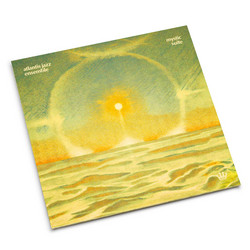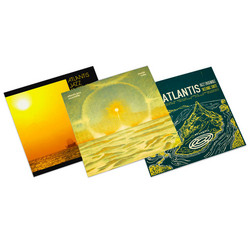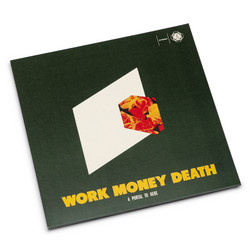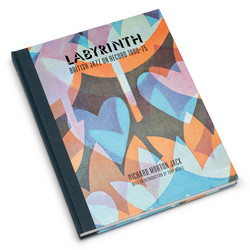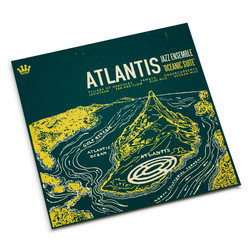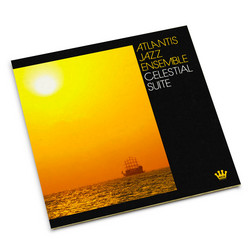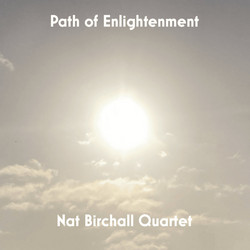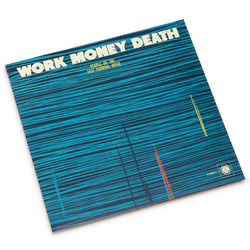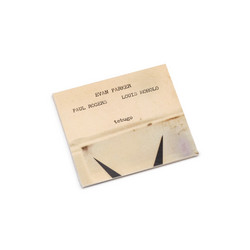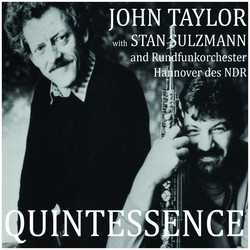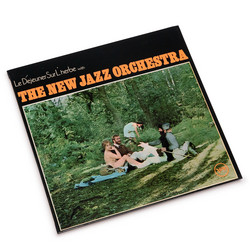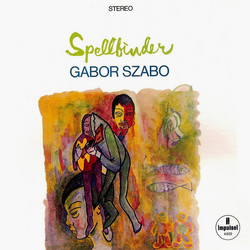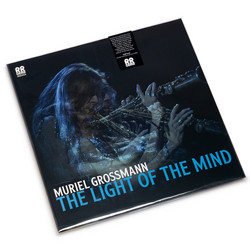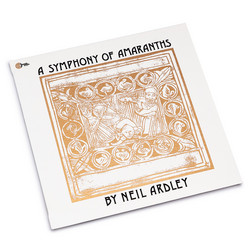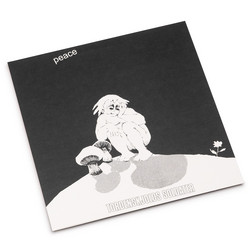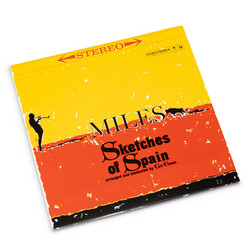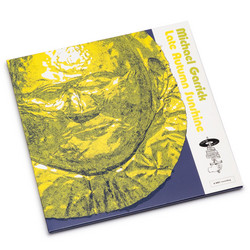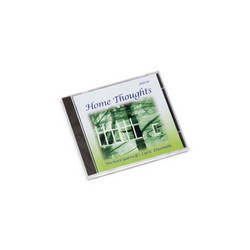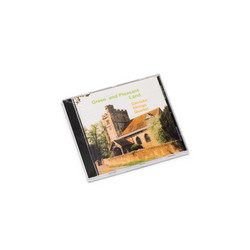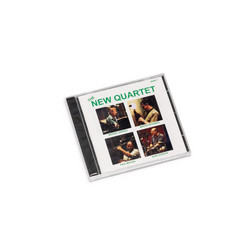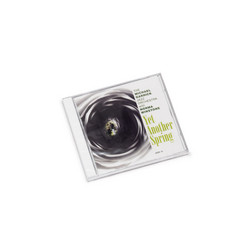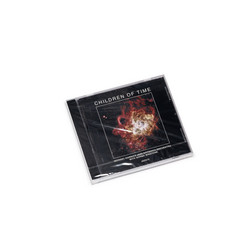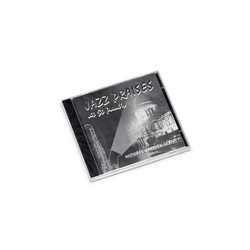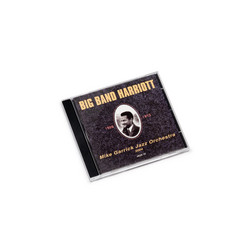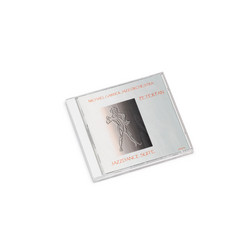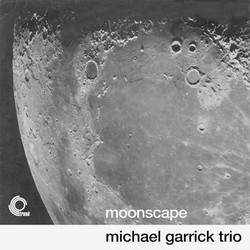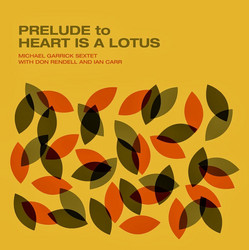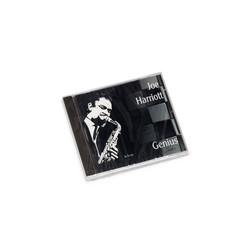** 2025 Stock ** Lady of the Aurian Wood: A Magic Life of Duke is Michael Garrick’s most audacious act of homage: a full-length orchestral fantasy that treats Duke Ellington’s world as raw material for new myths rather than a museum to be dusted. Scored for the Michael Garrick Jazz Orchestra and clocking in at around seventy-five minutes, the 12-part suite drifts through portraits, dream sequences and re-imagined rituals, each piece orbiting Ellington’s legacy from a different angle. Instead of revisiting famous themes, Garrick focuses on the margins - teachers, lovers, backstage corridors, spiritual detours - compressing a “magic life” into a cycle where blues, sanctus and showtime coexist without hierarchy.
The cast is correspondingly rich. Garrick’s orchestra fields a full complement of saxophones, trumpets and trombones, underpinned by piano, bass and drums, with Norma Winstone as vocal protagonist and commentator. Tracks such as “Mrs Marietta Clinkscales,” “Labyrinth,” “Empty Heart Blues,” “Showtime,” “Ariel’s Freedom Song” and “Sanctus” sketch an implied storyline: a young Ellington at the keyboard, the maze of touring and band politics, the ache of relationships, the glamour and exhaustion of performance, and finally a turn toward something like absolution. Winstone moves fluently between lyric storytelling and wordless, airborne lines; the band answers with voicings that nod to classic Ellington colours while twisting harmony and rhythm into Garrick’s own, more questing idiom.
What makes the project compelling is Garrick’s refusal to smooth over the tensions in Ellington’s life and art. The writing keeps shifting the ground beneath the listener: stately chorales lurch into crooked swing; sultry, half-lit blues open suddenly onto bright dissonances; a seemingly nostalgic passage fractures into meter shifts and sharp, modernist brass stabs. Solos feel like fragments of private monologue cut into the public spectacle of the orchestra, with saxophonists, trumpeters and trombonists stepping forward as if to claim their own stake in this re-enchanted history. Garrick’s piano threads through it all - sometimes as ringmaster, sometimes as quiet confessor - echoing motifs, planting harmonic “clues,” or undercutting the obvious with a sly cadence.
For listeners who have followed Garrick through Children of Time, Peter Pan Jazzdance Suite and Yet Another Spring, Lady of the Aurian Wood reads as a summation: a work where his obsessions with narrative, spirituality and British orchestral jazz meet the foundational figure of Ellington on equal, if reverent, terms. For Ellington devotees, it offers something rarer than a tribute album: a fantasia that treats Duke not as a distant monument but as a living, unstable story, still capable of generating new melodies, new doubts and new forms of joy.
